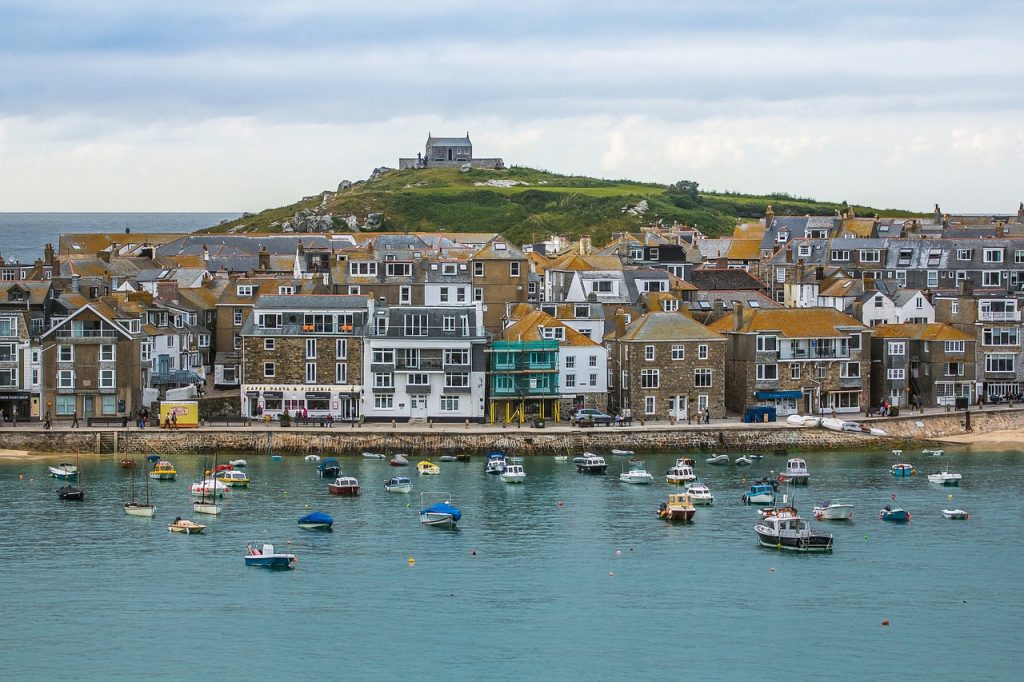11 million Brits have confirmed their intentions to embark on an overnight holiday trip within the UK over the upcoming Easter weekend.
This surge in domestic travel is poised to inject a substantial £3.2bn into the national economy, according to VisitEngland’s latest Easter Trip Tracker survey.
This year’s figures mark a significant increase from the previous Easter season, where 6.5 million Brits had finalised their holiday plans within the country.
While the outlook is positive, the survey also notes a sizable contingent of 10.5 million individuals who remain undecided about their Easter travel plans within the UK. Their hesitancy primarily revolves around concerns about the cost of living and the unpredictable Easter weather.
VisitEngland Chief Executive Patricia Yates said: ‘Tourism businesses and destinations will be looking to the critical Easter weekend for much needed cash flow after the lean winter months so it’s really encouraging to see so many of us are planning a holiday at home.
‘We also know from our latest research that the cost of living remains a concern and while people are still keen to take a break, many are booking late, taking shorter breaks, wanting to save on accommodation, activities and eating out, highlighting the ongoing challenges for industry. So please do go out and explore the amazing destinations and attractions here on our doorstep this spring, tourism businesses will be very pleased to see you.’
Interestingly, the majority of Brits planning overnight trips during Easter are opting for shorter breaks spanning one to three nights.
In comparison to domestic travel plans, the survey also highlights international holiday intentions, with 20 percent of British adults planning to holiday domestically during Easter, compared to 13 percent opting for trips abroad.
VisitEngland conducts these comprehensive surveys periodically to capture insights into the travel behaviours of GB consumers during key holiday periods. The Easter edition survey, conducted online by Kantar Research Express between March 14-18, involved a representative sample of 1,254 adults aged 16 and over in Great Britain.

